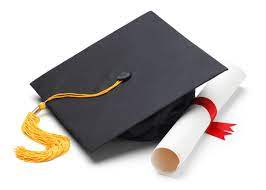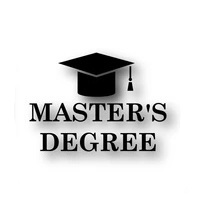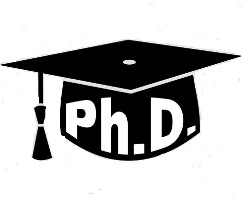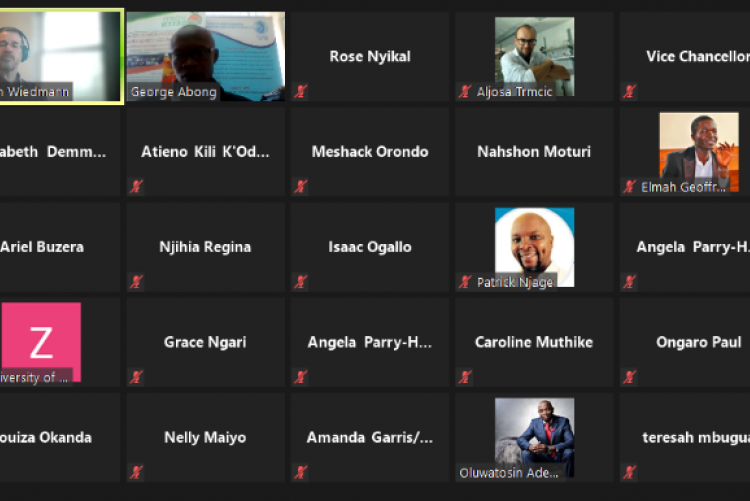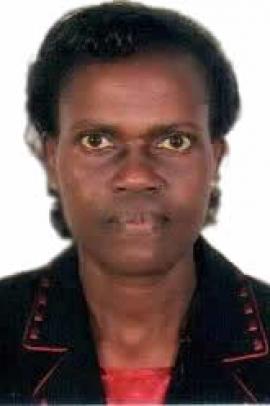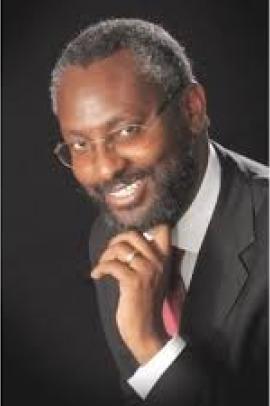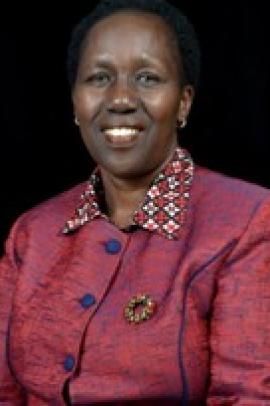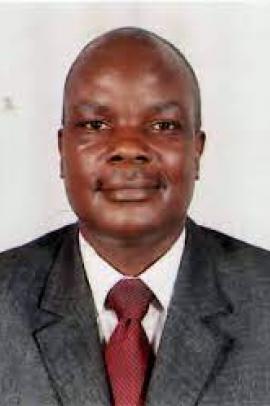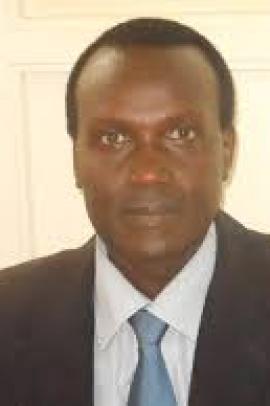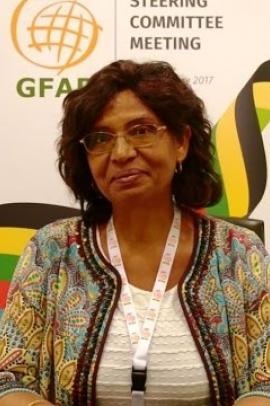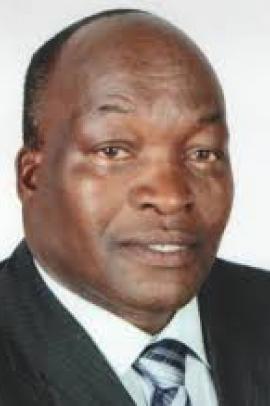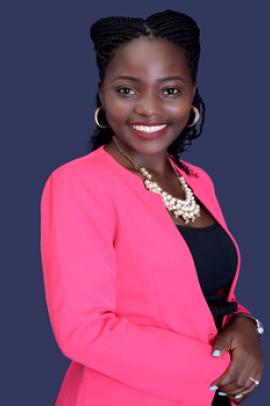As part of UON@50 celebrations, The College held a webinar titled, ‘Pan-African COVID-19 and Food Safety Webinar’ on April 28, 2021. The University of Nairobi Vice Chancellor, Prof SG Kiama who was the chief guest challenged participants to discuss the issue at hand with openness as well as contextualizing food safety based on the African countries set up. He noted that some research has shown coronavirus can survive metal surfaces with a shelf life of 4-6 hours, and that the unstructured nature of African food markets could pose a risk when it comes to COVID-19 infections. Dr. Martin Wiedman from Cornell University gave his keynote presentation enlightening participants on the scientific facts that indicate food as not being a direct risk to the spread of coronavirus. The meeting was also graced by the Principal, College of Agriculture and Veterinary Sciences, the dean, Faculty of Agriculture, Prof. Moses Nyangito among other staff members, students and experts across the African continent (Kenya, Cameroon, Ghana, South Africa, Senegal), USA and Denmark.
This webinar is held at a time Kenya is in the third wave of infections which seem to be more serious than the 1st and 2nd waves. Disruptions have been witnessed in food production, distribution and consumption. The 1st wave came with a lot of fears and anxiety and food stocks dwindled as people moved to hoard or do panic purchases of commodities, just in case there would be total lock down. We are yet to quantify food safety impact.
The University of Nairobi, College of Agriculture and Veterinary Sciences, Faculty of Agriculture, Department of Food Science, Nutrition and Technology in collaboration with Cornell University and Food Science and Technology Platform of Kenya (FoSTeP-K) have in the recent past held at least 3 sessions of questions and answers, dabbed ‘COVID-19 OFFICE HOUR’ whose main agenda has been to provide scientific information specific to food safety in the face of COVID-19 Pandemic. This program is being coordinated in the University of Nairobi by a senior lecturer, Dr. George Abong’.
This program being funded by the United States Agency of International Development (USAID) through Feed the Future Innovation Lab for Food Safety has been a good forum to educate the masses not only on food handling but also explain the fears and myths connecting COVID-19 virus and food. The current session also discussed mitigation strategies for the food handling and processing practitioners and the general public.

